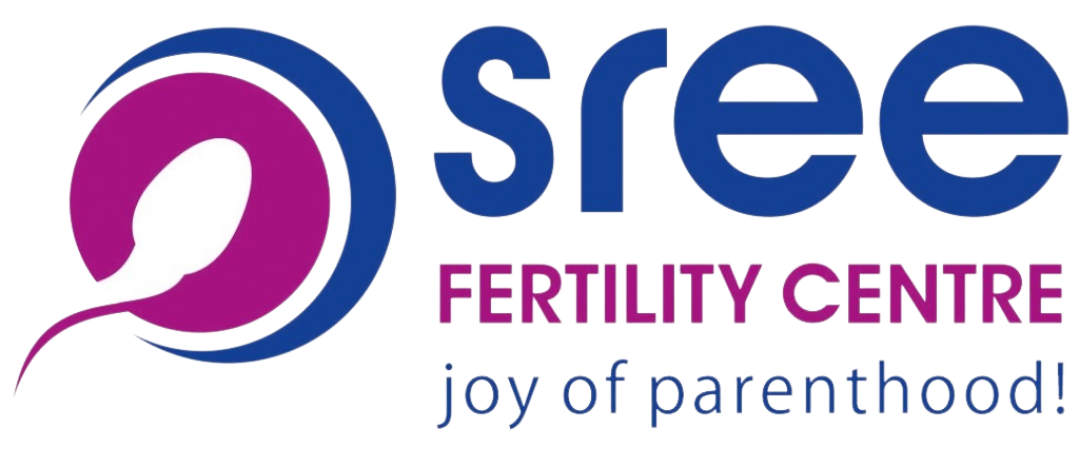What Is Intra-Cytoplasmic Sperm Injection (ICSI)?
Intra-cytoplasmic sperm injection (ICSI) was introduced as a major breakthrough in the treatment of male-caused infertility in which a single sperm is directly injected into the body (cytoplasm) of the egg. It is especially useful for patients where the male partner has a very low sperm count (oligozoospermia), poor sperm motility (asthenozoospermia) or too many abnormal sperms (teratozoospermia). Also, in men with obstructive azoospermia (zero sperm counts because of some obstruction in the ducts), sperm can be directly retrieved from the upper part of the testis called the epididymis (PESA-percutaneous epididymal sperm aspiration) and in cases of non-obstructive azoospermia, sperm can be retrieved directly from the testis (TESA – testicular sperm aspiration) and used for ICSI, thus helping them to have their own biological offspring without resort to a donor sperm.
When is ICSI Used?
ICSI helps the following patients:
- Azoospermia (zero sperm count).
- Oligozoospermia (low sperm counts).
- Asthenozoospermia (poor sperm motility).
- Teratozoospermia (too many abnormal sperms).
- Retrograde ejaculation (sperm are retrieved from the urine bladder).
- Anejaculation (sperm are retrieved using a special machine called electroejaculator).
- Failed fertilization at conventional IVF.
- Unexplained Infertility.
- Wife’s age > 37, eggs having a thick outer coat (zona).
How is ICSI done?
This procedure is very specialized, and requires a great deal of skill on the part of the scientist. Special microscopes and micromanipulation equipment are required for this skilled procedure. To put it in perspective, an egg is approximately one-tenth of a millimetre across! The egg is gently held with a suction pipette (on the left in the picture below) while a sperm is picked up with a microinjection needle, and deposited in the cytoplasm of the egg after piercing the tough egg shell. By doing this, several barriers to the sperm have been removed, and fertilization usually follows.
Steps Involved in ICSI
- The mature egg is held with a specialized holding pipette.
- A very delicate, sharp and hollow needle is used to immobilize and pick up a single sperm.
- This needle is then carefully inserted through the zona (shell of egg) and in to the cytoplasm of the egg.
- The sperm is injected in to the cytoplasm and the needle carefully removed. The eggs are checked the next morning for evidence of normal fertilization.
Success Rate
ICSI has similar success rate to IVF (about 36-45 % of embryo transfer procedures produce a clinical pregnancy). The success rates might look marginally lower than conventional IVF but this is due to the fact that you are dealing with a more difficult group of patients with compromised sperm quality in the ICSI group. Frozen embryo transfers after ICSI also have a similar success rate to those after IVF (about 60%). These results do vary with female age, with a substantial fall in pregnancy rates in women over the age of 38.
Babies Born By ICSI
Available research suggests that ICSI and IVF born children are normal. There is no increased risk of any anomalies or developmental delays in offspring born from these techniques. There are follow-up studies of children from Australia and Belgium until the age of 15 and beyond and they conclusively show that there is no increased risk of any abnormality in children born through IVF & ICSI as compared to normal born children
Procedural stay in Hyderabad
1. Long protocol – Begin InjLupride / Busarlin 0.5 ml subcut once daily from 21st day of periods (counting from 1st day of periods) – take for 15-20 days – to be continued until arrival in Mumbai after a minimum of 15 injections (arrival on the first Friday after 15th injection). To be continued during (menstruation) periods. Procedure would be completed in 20 days after arrival.
2. Short protocol – Begin one tablet of any birth control / contraceptive pill packet – from the 2nd day of your periods (in the month preceding the month of arrival) – take one tablet daily and inform the clinic about the date of starting the pill. We would ask you to take the last tablet on any Sunday and arrive on the following Friday after that. Stay would be for 20 days after arrival.
3. Alternative short protocol – If flight (Visa) / train bookings are possible at short notice: Begin tab progynova (estradiolvalerate) 2mg twice a day from the 25th day of the periods – Then wait for your next period. Arrive in Mumbai on the 2nd, 3rd, 4th, 5th or latest 6th day of periods. Make sure that you keep taking the pills even during your menstruation and until you meet drjatin. This kind of programming helps us to begin injections for IVF as soon as you arrive without having to waste time waiting for periods to start.
SREE Fertility Centre (Best ICSI Fertility Treatment in Hyderabad) provides Sperm Donor or ICSI treatment in Hyderabad at affordable cost acquiring high success rates by following best procedures to solve fertility problems.
